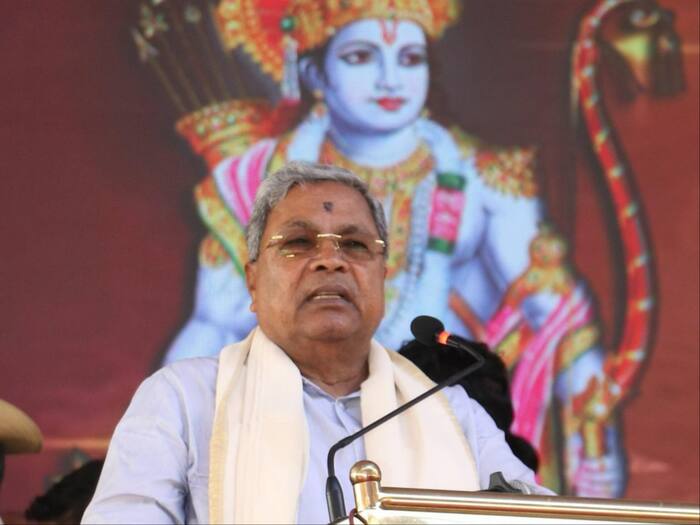Karnataka Temple Tax Bill sparks political clashes, BJP claims Congress is ‘looking’ at Temple’s revenue
Temples earning between Rs 5 lakh and Rs 25 lakh were classified as B-class temples, with 5 percent of gross income going to the committee since 2003.
Bangalore: The Siddaramaiah-led Karnataka government’s decision to raise money from temples with an annual income of more than Rs 10 lakh has sparked a political battle between the Congress and the BJP. The move has angered the saffron camp, which accused the ruling Congress of trying to fill its “empty coffers” with temple money. A related bill was passed on Wednesday.
Opposition Leader R. Ashok said Prime Minister Siddaramaiah was “stealing from temple collection boxes”, and alleged that the government wanted to “collect 10% commission on temple income”.
The Congress tried to turn the tables on its rival by saying that the saffron party had introduced an amendment in 2011 to seek funding from high-income Hindu shrines. It may be recalled that the Karnataka Hindu Religious Institutions and Charities (Amendment) Bill was passed by the State Assembly on February 21.
Explaining the bill, the Karnataka government said it was necessary to increase the amount of the common fund, include a person skilled in the architecture and sculpture of Vishwa Hindu Temple in the committee for its management of notified institutions and to form committees at district and state levels to improve shrines and infrastructure for the safety of pilgrims.
Transport and Hindu religious offerings Ramalinga Reddy told reporters that the facility was not new but had been in place since 2003.
He also said that the then BJP government had brought an amendment in 2011 to collect funds from temples from high-income groups.
The Karnataka Hindu Religious Institutions and Charitable Endowments Act 1997 came into force on May 1, 2003 and provision was made for the Common Pool Fund under Section 17 of the said Act, he explained.
Common Pool Fund was implemented in 2003 itself. Section 17 of the Act was amended in 2011 to collect money from temples with high income groups to help temples with lower incomes from the said fund.
The Rajya Dharmika Parishad, a committee to improve temple management for the benefit of pilgrims, is authorized to use Common Pool, Reddy said.
According to him, there were 3,000 C-class temples in Karnataka, which have an annual income of less than Rs 5 lakh, from which the ‘Dharmika Parishad’ does not get any money.
Temples earning between Rs 5 lakh and Rs 25 lakh were classified as B-class temples, with 5 percent of gross income going to the committee since 2003.
The Dharmika Parishad had been getting 10 percent revenue from the temples since 2003 whose annual gross income was above Rs 25 lakh.
“What we have done now is we have made it free of paying Dharmika Parishad if the income is up to Rs 10 lakh. We have made provisions to collect five percent from temples whose gross income is between Rs 10 lakh and less than one crore. 10 percent will be collected from temples whose income exceeds Rs 1 crore. All this amount will reach the Dharmika Parishad,” Reddy said.
The minister said there are 40,000 to 50,000 priests in the state whom the state government wants to help.
“If the money reaches Dharmika Parishad, we can provide them with insurance cover. We want their families to get at least Rs 5 lakh if anything happens to them. To pay the premium, we need Rs 7 crore to 8 crore (annually),” he explained.
(With input from the agency)


